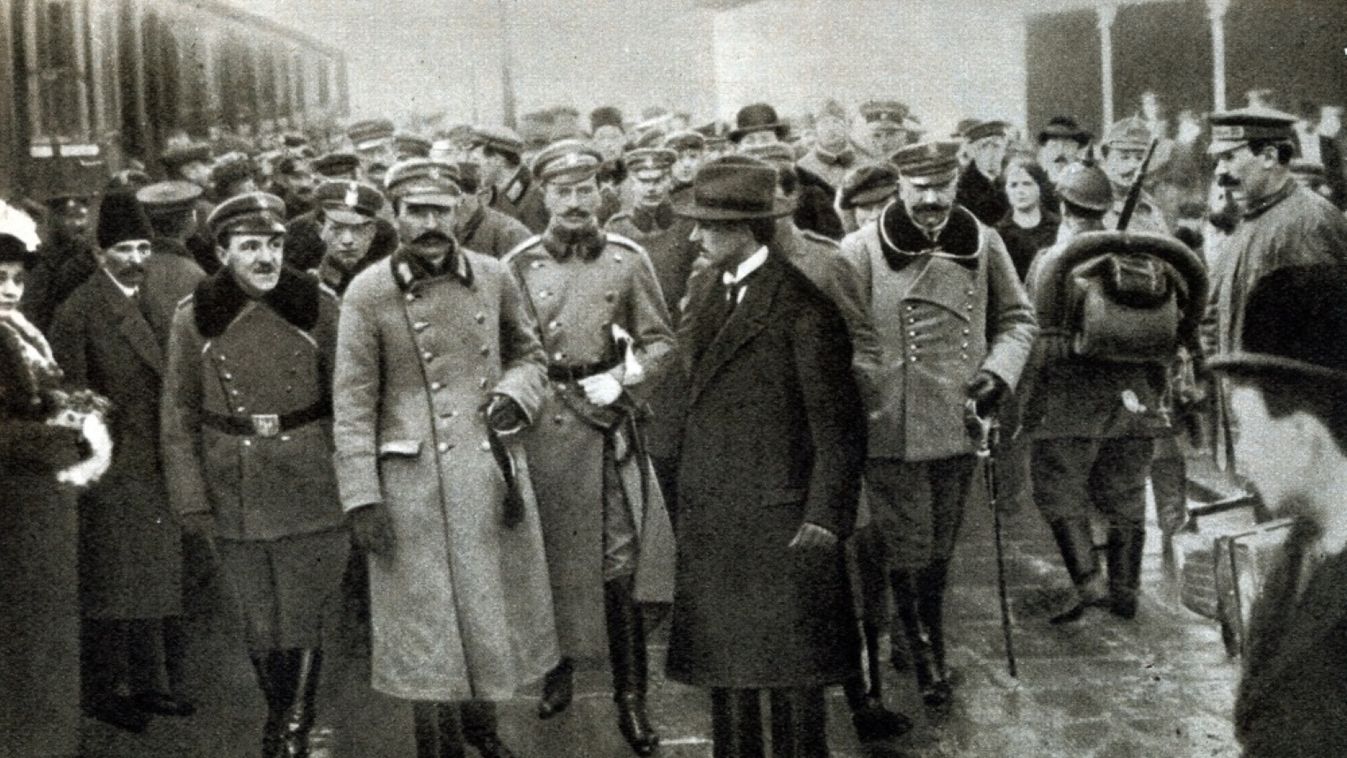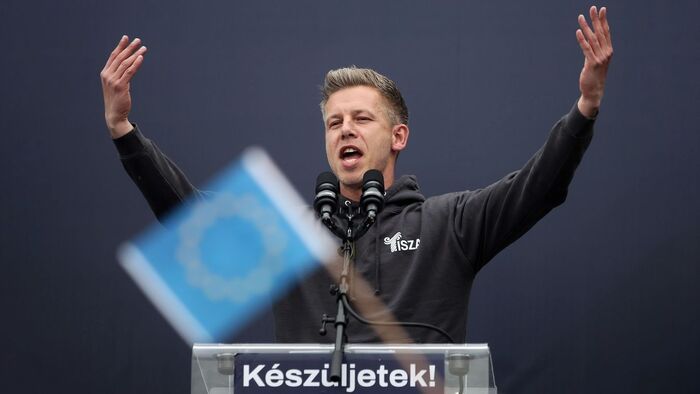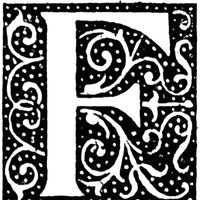Poland – Marshal Józef Piłsudski is undoubtedly one of the greatest figures in 20th-century Polish history. This charismatic military leader was Poland’s strongman between the two world wars. Although his legacy remains controversial because of his authoritarian drift from 1926 onwards, this native of Vilnius is still considered one of the fathers of the Polish independence that was recovered in 1918 and saved two years later from the Bolshevik threat.
The standard-bearer of Polish freedom
The figure of Józef Piłsudski was quickly mythologised. The legend surrounding him was already well known before the beginning of the First World War. The "alpha male" of the Polish political-military scene also enjoyed a reputation as a strategic genius among other Central European leaders. Positive opinions about him could be heard especially in Hungary.
As soon as WWI broke out, a series of articles appeared in the Hungarian press about Józef Piłsudski. In December 2014, the liberal-bourgeois newspaper Pesti Napló referred to his “heroic Polish legion” fighting the Russian Empire alongside Austro-Hungarian forces.
In September 1916, the conservative newspaper Budapesti Hírlap published an interview with Artur Śliwiński, the deputy chairman of the Warsaw City Council and a close associate of Piłsudski. In that interview, Śliwiński explained that the Poles expected the “founder of the legions” and “national hero” Piłsudski to take charge of the organisation of the Polish army against Russia.
The Bolsheviks’ worst nightmare
Once WWI was over, the conflict between Poland and Soviet Russia between 1919 and 1921 attracted the attention of the Hungarian press. The conservative Budapesti Hírlap, the liberal Pesti Hírlap, and the social-democrat Népszava regularly informed Hungarians about the developments on the front.
On 25 April 1919, all three newspapers published articles about the victorious entry of the Polish army into the Bolshevik-occupied city of Kiev. On 19 May, Budapesti Hírlap informed its readers of the “enthusiastic and warm welcome” of Marshal Piłsudski by the Polish population upon his return to Warsaw. A few days later, it was Pesti Hírlap’s turn to quote key passages from a recent interview with Piłsudski given to the Daily Mail. In that interview, the head of the Polish army referred to the fact that “the Red Army is poorly organised and that [its] soldiers fight very badly”.



















Szóljon hozzá!
Jelenleg csak a hozzászólások egy kis részét látja. Hozzászóláshoz és a további kommentek megtekintéséhez lépjen be, vagy regisztráljon!